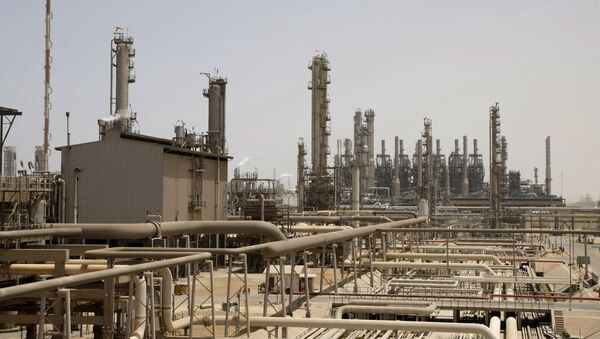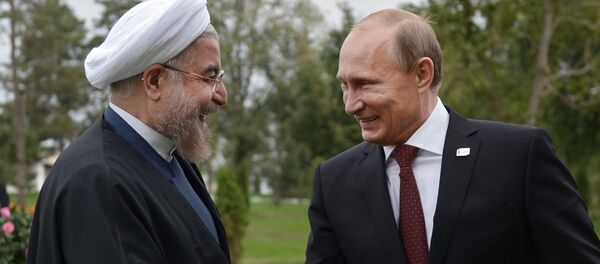The continuous slump in crude oil prices pushed the world's top oil exporter to turn to foreign capital, alongside neighboring oil-based economies, including Qatar, a country that also sharply increased overseas borrowing.
The loan is expected to be signed before the end of April.
The strategy of raising overseas debt aims to reduce reliance on domestic banks, which have been buying Saudi domestic bonds for almost a year, opening the way for the debut issue of an international bond by the kingdom.
"The loan is a way for Saudi Arabia to test the waters and set up an international borrowing profile," said Ewen Cameron Watt, chief investment strategist at BlackRock, the world's largest asset manager.
"This is paving the way for the kingdom to transform from a creditor nation into a debtor nation. It's a significant moment of change in debt markets."
Bankers claim that Saudi Arabia's first global bond issue is a step closer now in the wake of the loan deal, the Financial Times reported. Institutions that participated the most would be set to benefit from a mandate to help Riyadh raise the bond.
On April 25 Prince Mohammed bin Salman, one of the current king's sons, and the man responsible for the country's economic reform, is expected to bring out his "vision for Saudi Arabia," a template for shifting the state into a post-oil era.




